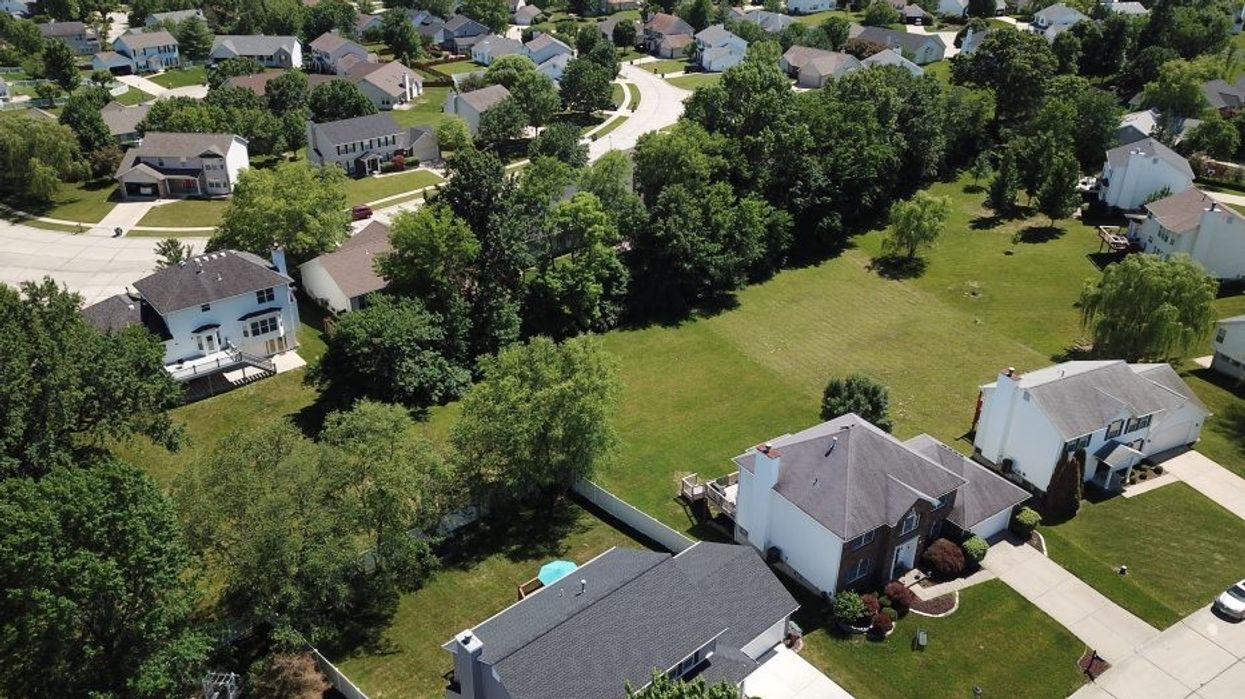This summer, Toronto’s so-called real estate bubble was predicted to pop. With the Government of Canada introducing a tax on foreign buyers and the high price-income ratio, residents still lack affordable housing options.
But the bubble hasn’t burst as predicted, instead it continues to move incrementally. This summer’s upward momentum can be attributed to the detached housing sector according to a RE/MAX of Ontario-Atlantic Canada report.
READ: Canadian Housing Sales Rise For Sixth Consecutive Month: CREA
“With recovery well underway in the detached housing segment, the residential real estate market is starting to fire on all cylinders,” says Christopher Alexander, Executive Vice President and Regional Director RE/MAX of Ontario-Atlantic Canada. “The possibility of more relaxed mortgage rules down the road – in conjunction with today’s low interest rate environment – may serve to spark up the GTA housing market yet again.”
Just yesterday, CBC News reported that a weakening global economy and continued trade fears convinced the U.S. Federal Reserve chair Jerome Powell to cut interest rates on Wednesday – and Bank of Canada Governor Stephen Poloz is expected to soon follow suit.
Between January and June of this year, more than half (51 per cent) of GTA neighbourhoods saw a rise in prices of detached homes. The 905 districts were particularly popular for home-buying. All 30 areas reported an increase in home sales. Similarly, 20 out of 35 districts in the 416 area experienced a jump in sales, according to the report.
READ: Toronto’s Condo Boom Puts The City In Danger Of Losing Its Identity
The Toronto Real Estate Board (TREB) reported that over half of their districts report an increase in average price thanks to single-detached home sales after examining sales trends and developments in 65 TREB districts. They discovered detached home sales were up in close to 88 per cent of the markets. Between January and June 2019, 51 per cent of markets saw increases compared to last year.
Could it be the trend of baby boomers downsizing? It’s one theory, as Alexander commented that “market share is also climbing, with detached homes now representing 45.7 per cent of all home sales in the Greater Toronto Area, up from 43.1 per cent one year ago.” Recent data from Statistics Canada on condo ownership showed that 32.6 per cent of condo owners are aged 65 or older. By comparison, residents under 35 years old make up 17.05 per cent of the condo-owning demographic.
READ: Toronto’s New Home Buyer Fees Are Three Times That Of New York
It appears young people are quick to buy the homes that baby boomers are so eager to sell.
After a two-year slump, detached homes in the 905 areas are selling more rapidly than those in the downtown core. Suburbs like Mississauga, Oakville, and Newmarket are reporting major gains with sales increasing 20 per cent or more each month since the end of April. The report indicates all 30 of the 905 neighbourhoods saw an increase in both home-buying activity and rising sales of detached homes. Of those communities, 43 per cent experienced price appreciation. Meanwhile, in the once-dominant 416 area, 20 of the 35 districts experienced an increase in sales. Detached prices in these areas increased by 57 per cent of the 416 neighbourhoods.
“Market share is also climbing, with detached homes now representing 45.7 per cent of all home sales in the Greater Toronto Area, up from 43.1 per cent one year ago,” says Alexander.
READ: Millennials Lost The ‘Birth Lottery’ When It Comes To Home Ownership
When it comes to Toronto, the biggest increase in home sales price has happened in its east end which includes North Riverdale, South Riverdale, Blake-Jones, and Greenwood-Coxwell. In these neighbourhoods, the average price rose 15.2 per cent to $1,378,987.
Not too far behind is the always-popular Trinity-Bellwoods, Palmerston-Little Italy, Niagara, Little Portugal, Kensington-Chinatown, and Dufferin Grove (CO1). These popular neighbourhoods saw a 12.8 per cent increase in average price, reaching $1,953,511.
The take-away here is don’t wait to buy, as prices in every city across Canada – with the exception of Regina and Saskatoon - are expected to increase over the next five years.





















